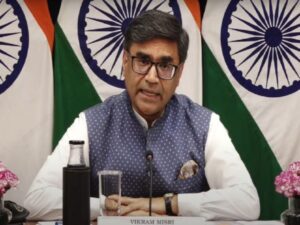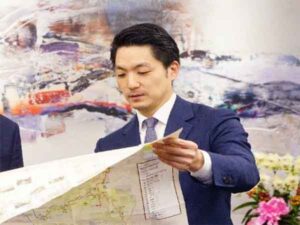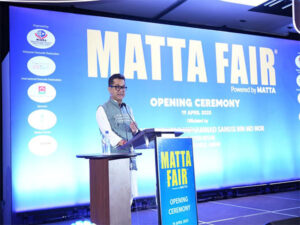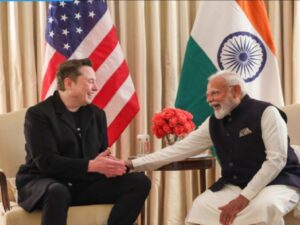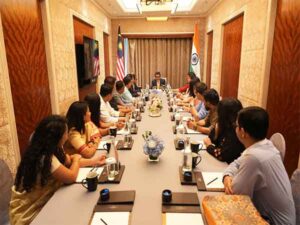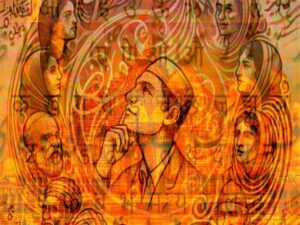Abu Dhabi Judiciary organises lecture: ‘Right to Self-Preservation’
Dubai [UAE], July 13 (ANI/WAM): The Abu Dhabi Judicial Department (ADJD) has organised an awareness lecture entitled “Right to Self-Preservation” at the Al-Khabisi Council in Al Ain, in coordination with the Abu Dhabi councils at the Citizens and Society Affairs Office in the Presidential Court.

The lecture is a part of “Majlisna” initiative launched by the Judicial Department in implementation of the directives of His Highness Sheikh Mansour bin Zayed Al Nahyan, Vice President, Deputy Prime Minister and Minister of the Presidential Court, and Chairman of the Abu Dhabi Judicial Department, to promote legal culture among members of society in a way supporting the security, stability and protection of community members.
The speaker Counselor Dr. Mohammed Rashid Al Dhanhani, Director of the Abu Dhabi Center for Legal and Community Awareness “Masouliya”, addressed the Islamic Sharia teachings regarding the protection of the human soul, the relevant Qur’anic verses and hadiths, as one of the religious necessities that must be preserved.
The lecture discussed major reasons for the spread of violence and its consequences to human safety, including improper upbringing, getting used to violence within the family, psychological factors, weak values and methods of dialogue, lack of respect for the other party, irresponsibility, fragile positive spirit of citizenship, social conflicts, weak religious faith and watching movies that glorify criminals and provide society with ways to commit crimes.
The lecture explained the social, economic, and security repercussions resulting from the spread of violence. It also touched on the penalties for assault on the right to life, which amount to retribution, and for assault on the physical integrity of a person.
The lecture gave some societal advice in this regard, including; complaining about laws and legislation in force by not assaulting people and their right to life, strengthening the spirit of tolerance, love, and respect, and reinforcing positive citizenship by not harming society, in addition to reviving the role of the head of a family in resolving disputes.

